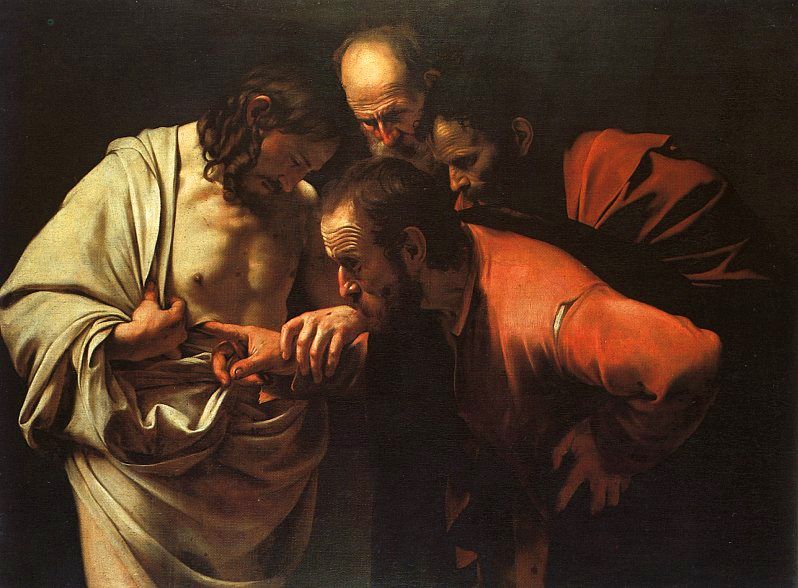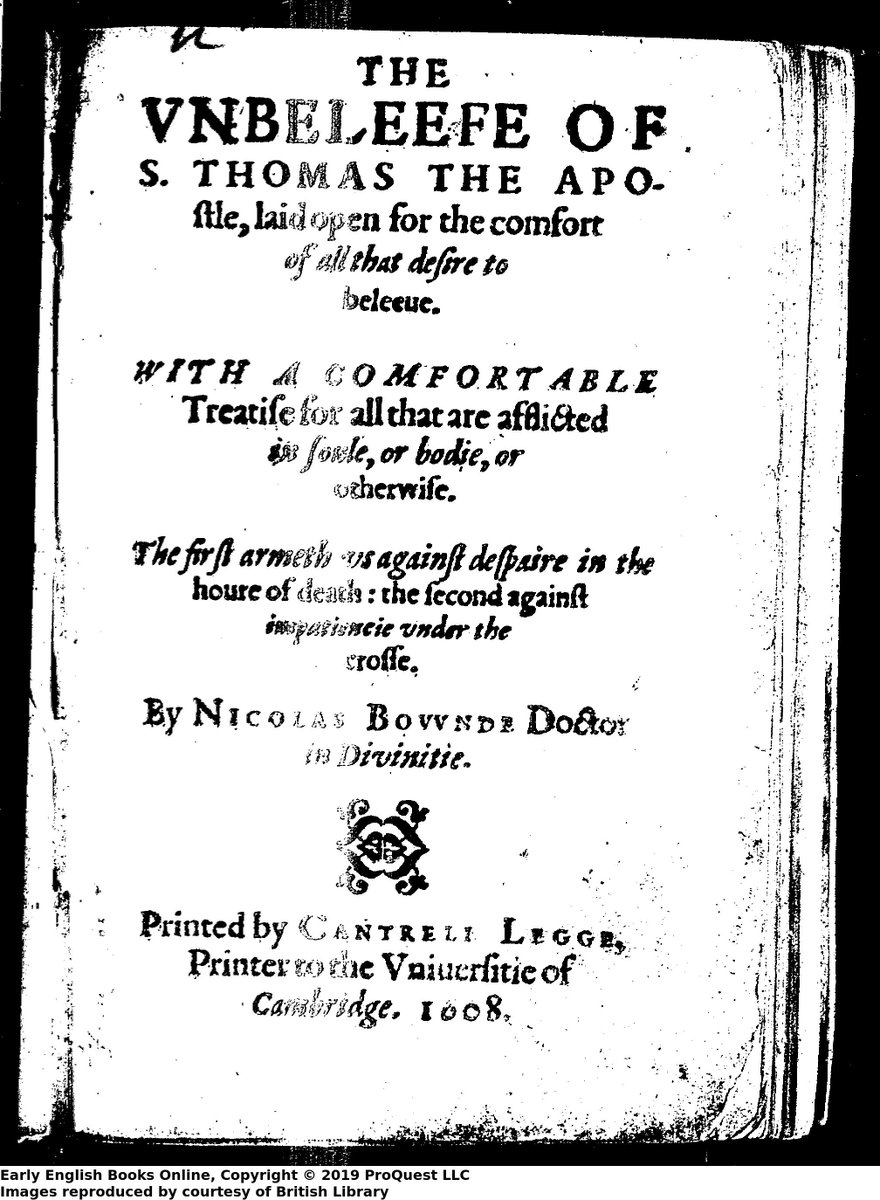So, the story so far: Scholars often view atheism through the lens of intellectual history, exploring the Enlightenment and ‘secularisation’ or tracing atheistic ideas and individuals. A recent example is a volume edited by M. Hunter and D. Wootton: [ https://tinyurl.com/4jvoth6a ]. 1/9
More recently, historians have investigated the ‘materiality’ of doubt and unbelief among laypeople, and the emotional responses of individuals in moments of profound religious uncertainty. See John Arnold [ https://tinyurl.com/1se8orow ] and Alec Ryrie [ https://tinyurl.com/2jebkfk8 ]. 2/9
These insights point towards a crucial aspect of this topic that is often overlooked: Atheism was not only an idea, but also an experience that meaningfully shaped early modern societies and religious cultures. My project looks at the bodily dimensions of these experiences. 3/9
For Catholics and Protestants, atheism and unbelief had long been linked with the body and affliction. One of the most acute instances of unbelief in the Bible was also one of the most physical moments: the story of ‘Doubting Thomas’, depicted here in Caravaggio’s painting. 4/9
Back in 2016, I wrote about Nicholas Bownde (d. 1613), a puritan minister in England. He discussed the ‘unbelief’ of Saint Thomas in a work published in 1608 that was intended ‘for the comfort of all that desire to beleeue’. [ https://tinyurl.com/18p60lec ]. 5/9
Bownde emphasised faith over physical feeling and argued that relying on the senses could encourage ‘unbelief’. But he also used the language of bodily experience to reassure his readers. His writing suggests that Protestants saw ‘belief’ and 'unbelief' as unstable processes. 6/9
These are just some instances in which unbelief could be linked to physical experience. Tomorrow, I’ll suggest some of the specific ways that thinking about atheism in terms of the body can illuminate the relationship between religion and medicine in early modern England. 7/9
At this point, I’d like to highlight just a few excellent scholars across several disciplines who are working on atheism, unbelief, disbelief and doubt. If you haven’t already, follow @ClareGS87 @antnlj @NathGAlexander @LoieLee @ccamrun2 @RShillitoe! 8/9
Let me know who I’ve missed - and please get in touch if you have any questions, ideas, or recommendations about any of these topics. I’ll be on hand today and over the weekend to reply and retweet! 9/9

 Read on Twitter
Read on Twitter



